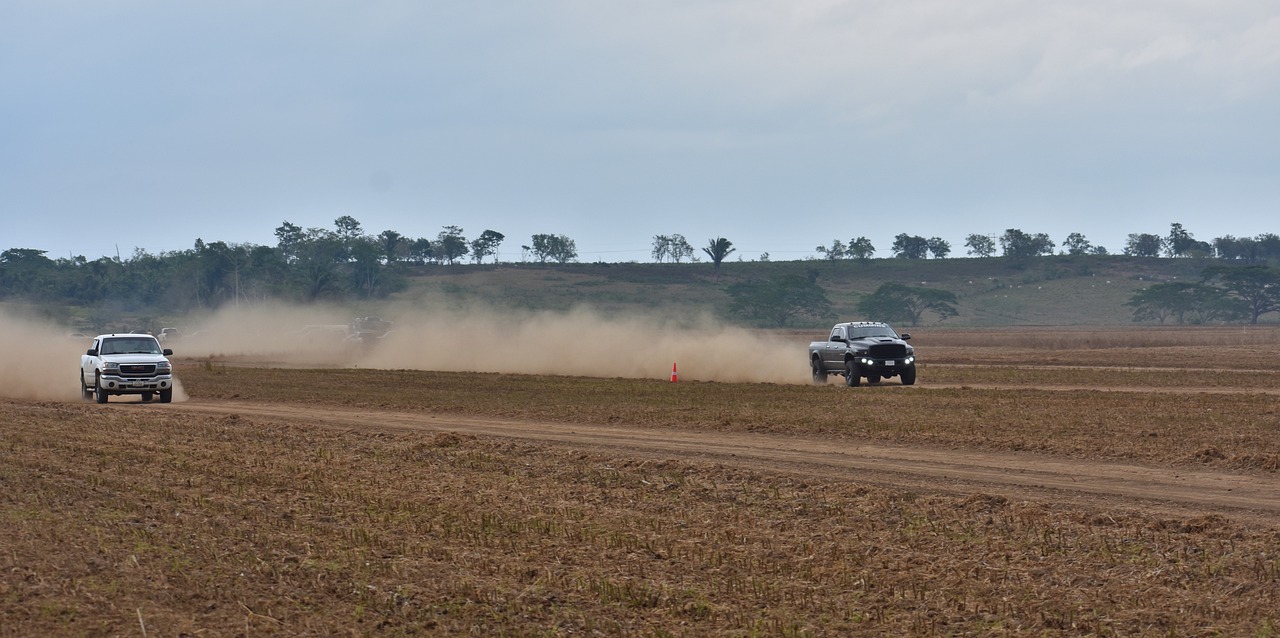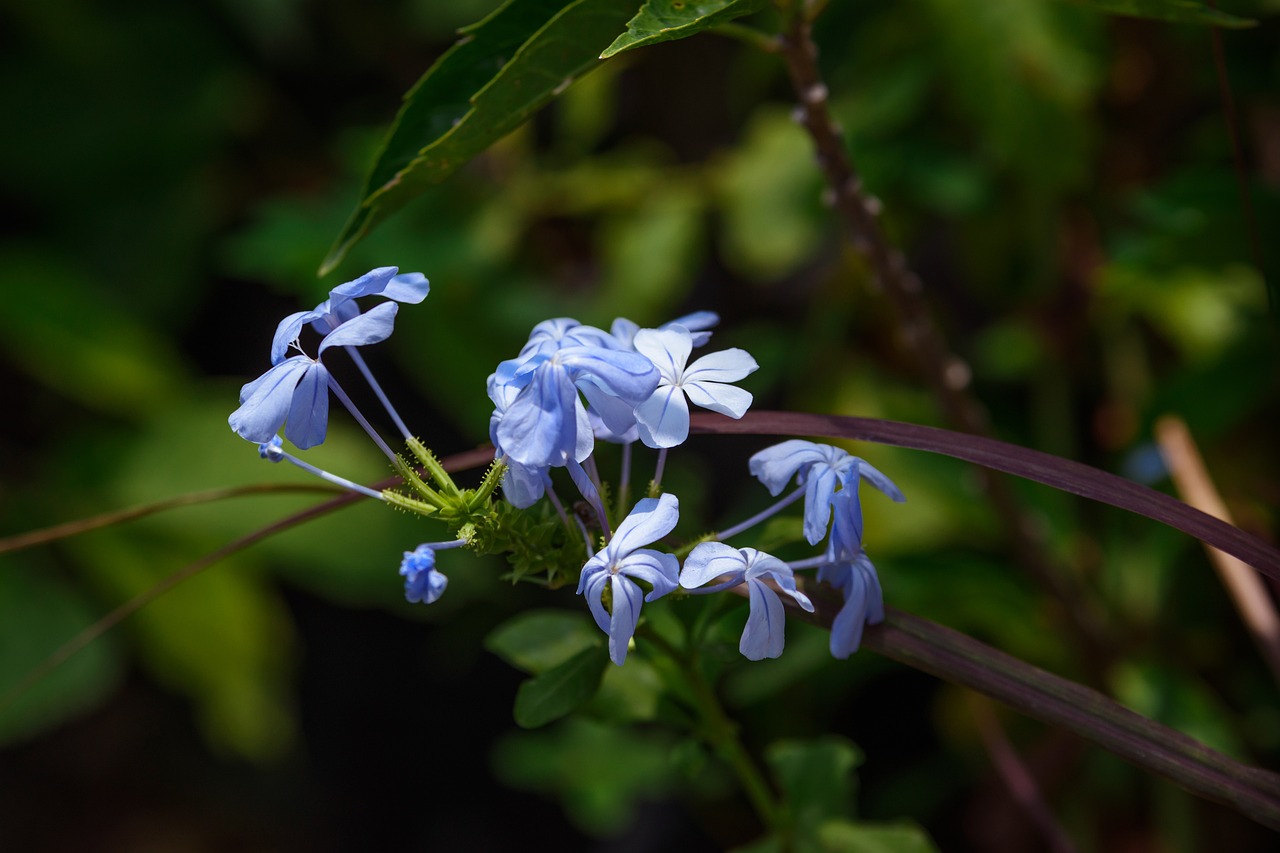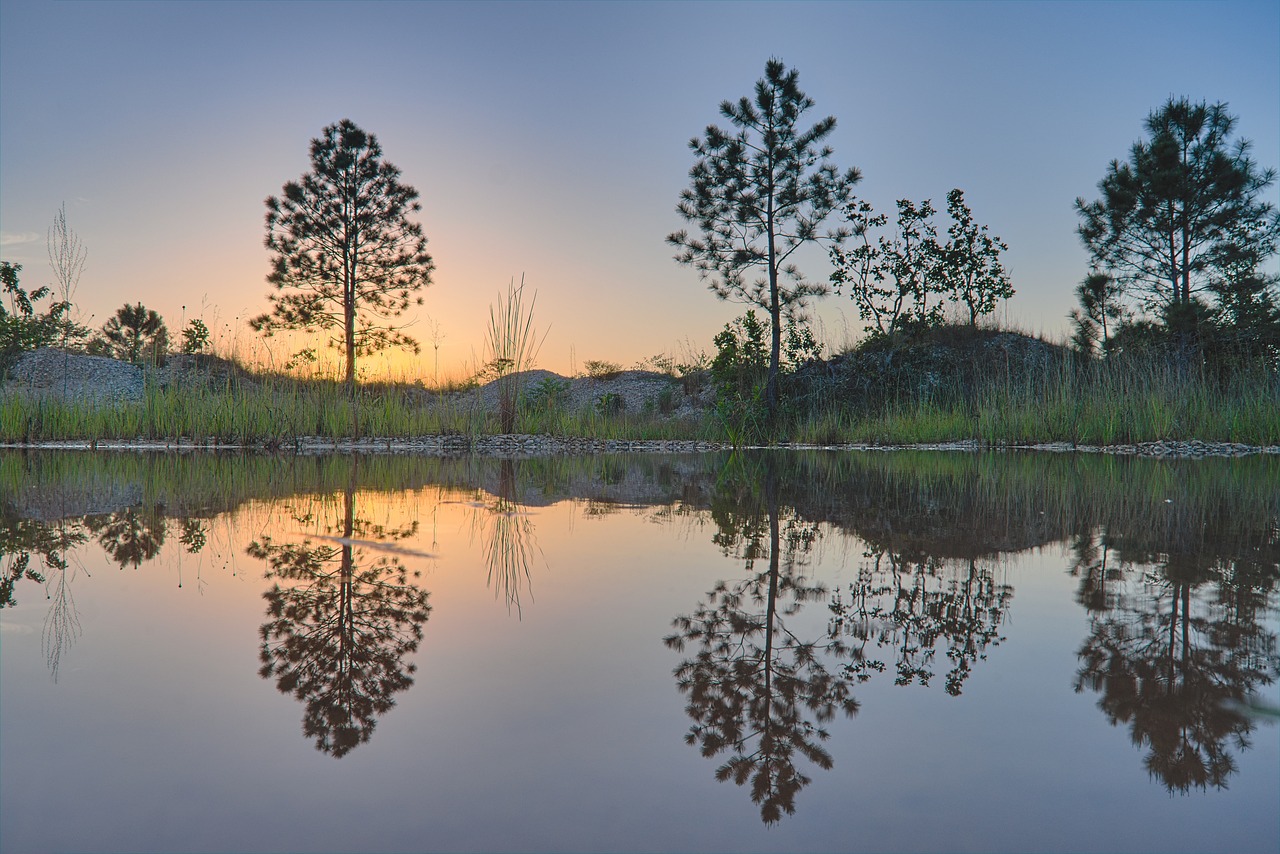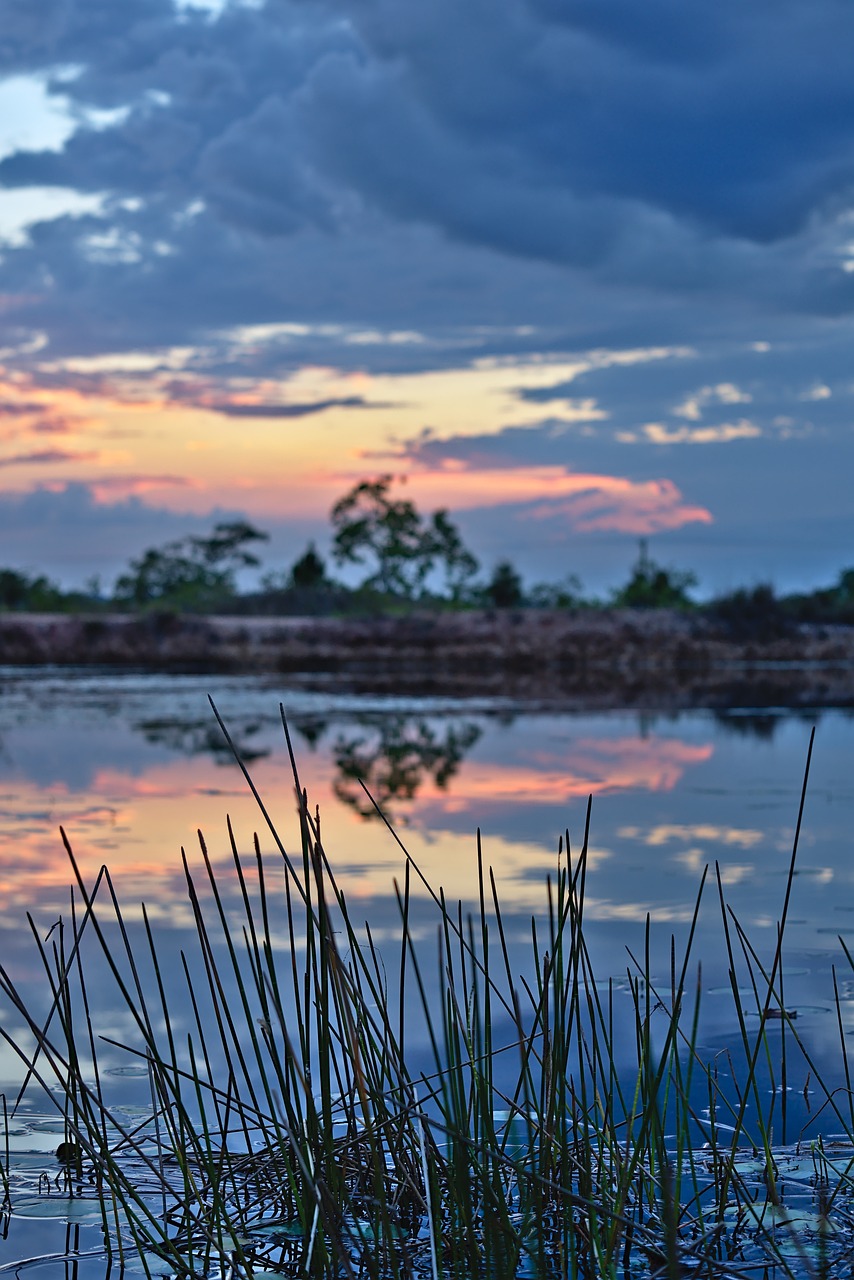Belize Video
Weathering Belize: Seasonal Changes and What to Expect
Belize, a country located on the northeastern coast of Central America, experiences a tropical climate with distinct wet and dry seasons. The weather in Belize is influenced by its proximity to the Caribbean Sea and the prevailing trade winds. Understanding the seasonal changes and what to expect can help visitors plan their trips accordingly. This article will provide a detailed overview of the weather patterns in Belize throughout the year.
Overview of Belize’s Climate
Belize has a tropical climate characterized by high temperatures and humidity year-round. The country experiences two primary seasons: the wet season and the dry season. The wet season typically lasts from June to November, while the dry season extends from December to May. However, it’s important to note that weather patterns can vary from year to year.
Wet Season in Belize
During the wet season, Belize experiences increased rainfall and higher humidity levels. This period is also associated with the Atlantic hurricane season, which runs from June to November. While hurricanes are relatively rare, tropical storms and heavy rainfall can occur, particularly in the later months of the wet season.
- Increased Rainfall: Rainfall is more frequent during the wet season, with the highest levels recorded in August and September. Visitors should be prepared for occasional showers and plan outdoor activities accordingly.
- Humidity: The wet season is characterized by higher humidity levels, which can make the temperatures feel hotter. It is advisable to stay hydrated and seek shade or air-conditioned spaces when necessary.
- Tropical Storms: Although hurricanes are relatively rare, tropical storms can occur during the wet season. Visitors should stay informed about weather updates and follow any advisories or warnings issued by local authorities.
- Lush Vegetation: The wet season brings abundant rainfall, resulting in lush greenery across the country. This can make for beautiful landscapes and vibrant flora, perfect for nature enthusiasts and photographers.
Dry Season in Belize
The dry season in Belize is characterized by lower rainfall and slightly cooler temperatures. This period is considered the peak tourist season, as visitors flock to enjoy the pleasant weather and explore the country’s natural wonders.
- Mild Temperatures: The dry season brings slightly cooler temperatures compared to the wet season, with average highs ranging from the mid-80s to low 90s Fahrenheit (29-35 degrees Celsius). It is still advisable to wear sunscreen and stay hydrated during outdoor activities.
- Lower Rainfall: Rainfall significantly decreases during the dry season, resulting in fewer showers and more sunshine. This period is ideal for exploring Belize’s stunning beaches, snorkeling, and diving in the crystal-clear waters.
- Peak Tourist Season: The dry season, especially from December to February, is the peak tourist season in Belize. Travelers can expect higher prices and larger crowds during this time. It is advisable to book accommodations and activities in advance.
- Festivals and Cultural Events: Many festivals and cultural events take place during the dry season, providing visitors with an opportunity to immerse themselves in Belizean traditions and celebrations.
Belize Image 1:

Exploring Belize’s Diverse Regions
Belize is known for its diverse landscapes, including pristine beaches, lush rainforests, and ancient Mayan ruins. Each region offers unique experiences and attractions for visitors to explore.
The Northern Region
The northern region of Belize is home to popular destinations such as Ambergris Caye and the town of San Pedro. This area is renowned for its stunning beaches, clear turquoise waters, and vibrant marine life. Visitors can enjoy activities such as snorkeling, diving, and fishing.
- Ambergris Caye: The largest island in Belize, Ambergris Caye, offers a wide range of accommodations, from luxury resorts to budget-friendly guesthouses. The island’s Barrier Reef, a UNESCO World Heritage site, provides excellent snorkeling and diving opportunities.
- San Pedro: The town of San Pedro on Ambergris Caye offers a lively atmosphere with restaurants, bars, and shops. Visitors can explore the local culture, indulge in fresh seafood, and enjoy the island’s vibrant nightlife.
- Hol Chan Marine Reserve: Located near Ambergris Caye, Hol Chan Marine Reserve is a popular snorkeling and diving spot. It is home to a diverse array of marine life, including colorful coral formations, tropical fish, and even nurse sharks.
Belize Image 2:

The Western Region
The western region of Belize is characterized by its lush rainforests, majestic waterfalls, and ancient Mayan ruins. This area is perfect for eco-adventures and exploring the rich cultural heritage of Belize.
- San Ignacio: The town of San Ignacio serves as a gateway to various attractions in the western region. It is a popular base for exploring ancient Mayan ruins, such as Xunantunich and Caracol.
- Actun Tunichil Muknal: This cave system, also known as ATM, offers a unique adventure for visitors. It combines hiking, swimming, and spelunking, with the opportunity to see ancient Mayan artifacts and skeletal remains.
- Mopan River: The Mopan River is ideal for canoeing or tubing, allowing visitors to immerse themselves in the natural beauty of the surrounding rainforest while enjoying a leisurely float downstream.
Belize Image 3:

The Southern Region
The southern region of Belize is known for its pristine rainforests, diverse wildlife, and the magnificent Belize Barrier Reef. This area offers a perfect blend of adventure and relaxation.
- Placencia: Placencia is a charming coastal village with beautiful beaches and a laid-back atmosphere. It is a popular destination for snorkeling, diving, and fishing, with easy access to the Belize Barrier Reef.
- Cockscomb Basin Wildlife Sanctuary: This protected area is home to the world’s first jaguar preserve. Visitors can explore hiking trails, spot various bird species, and potentially encounter jaguars in their natural habitat.
- Glover’s Reef Atoll: Located off the southern coast of Belize, Glover’s Reef Atoll is a UNESCO World Heritage site and a paradise for divers. Its crystal-clear waters, vibrant coral reefs, and abundant marine life make it a must-visit destination.
Conclusion
Belize offers a diverse range of experiences throughout the year, with each season bringing its own unique charm. Whether you prefer the lush greenery of the wet season or the slightly cooler temperatures of the dry season, Belize has something to offer every visitor. By understanding the seasonal changes and what to expect, you can plan your trip accordingly and make the most of your time in this beautiful country.
References
– belize.com
– travelbelize.org
– lonelyplanet.com/belize
– nationalgeographic.com/travel/destinations/central-america/belize


